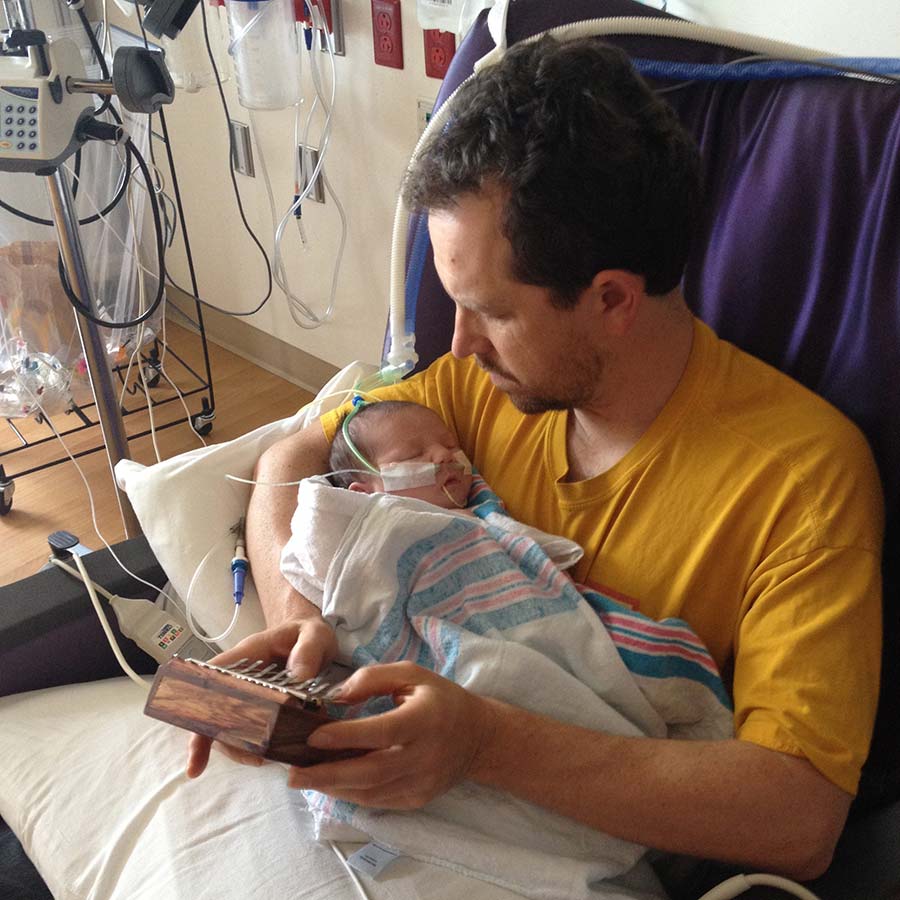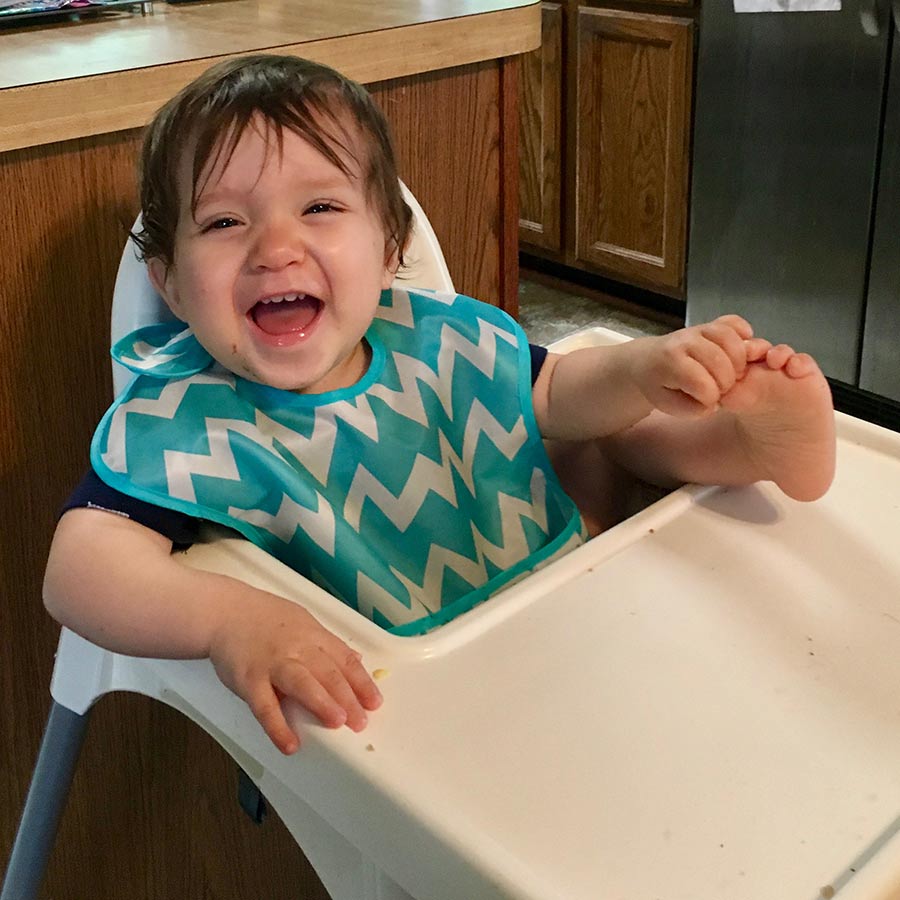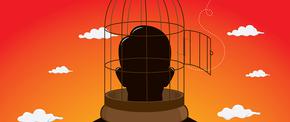The views expressed in our content reflect individual perspectives and do not represent the authoritative views of the Baha'i Faith.
The Baha’i teachings say that we are eternal spiritual beings living a temporary physical existence. In this physical realm, we all experience a wide range of challenges. We suffer.
But Baha’is don’t see the suffering we face as punishment, penance or the “wrath of God,” but rather as an opportunity for us to evolve spiritually as we prepare our souls for the world to come.
As with other messengers of God, the twin prophets of the Baha’i Faith, the Bab and Baha’u’llah, endured unimaginable levels of suffering. The Bab and his followers were relentlessly persecuted as they taught our emerging faith. The Bab’s martyrdom by a firing squad of 750 soldiers in the city of Tabriz, Iran is described in The Dawn-Breakers: Nabíl’s Narrative of the Early Days of the Baha’i Revelation:
A regiment of soldiers ranged itself in three files, each of two hundred and fifty men, each of which was ordered to open fire in its turn until the whole detachment had discharged the volleys of its bullets. The smoke of the firing of the seven hundred and fifty rifles was such as to turn the light of the noonday sun into darkness. – p. 512.
Likewise, Baha’u’llah, together with his family and followers, suffered immensely, living much of his life in prison and in exile. In describing the degree of his father’s suffering Baha’u’llah’s son Abdu’l-Baha wrote:
His Holiness Baha’u’llah endured ordeals and hardships sixty years. There was no persecution, vicissitude or suffering He did not experience at the hand of His enemies and oppressors. All the days of His life were passed in difficulty and tribulation; at one time in prison, another in exile, sometimes in chains. He willingly endured these difficulties for the unity of mankind, praying that the world of humanity might realize the radiance of God, the oneness of humankind become a reality, strife and warfare cease, and peace and tranquillity be realized by all. In prison, He hoisted the banner of human solidarity, proclaiming Universal Peace, writing to the kings and rulers of nations summoning them to international unity and counselling arbitration. – The Promulgation of Universal Peace, p. 145.
Like the followers of many other Faiths, Baha’is fast for a month each year, abstaining from food and drink during the daylight hours. The purpose of the yearly Baha’i Fast is to focus on our spiritual development by temporarily giving up material sustenance. Through the 19-day period of the Fast, Baha’is try to find a deeper focus on the spiritual, drawing closer to our Creator. This self-imposed trial helps our spiritual well-being, preparing us for later trials beyond our control. The Fast also reminds us of the daily suffering endured by many members of our human family who face food insecurity and famine.
 The most challenging trauma I have faced in my own life within recent years followed the birth of my son Paxton. Ten days after he was born, as we were basking in the joy of his arrival, my wife and I found ourselves rushing Paxton to the hospital emergency room. We learned our son had been born with an undiagnosed congenital heart defect, and needed immediate heart surgery. As our lives were turned upside down, we prayed to draw strength from the face of adversity. Our close friend Adina sent us a healing prayer written by Baha’u’llah specifically for infants, which we read while following Paxton’s ambulance:
The most challenging trauma I have faced in my own life within recent years followed the birth of my son Paxton. Ten days after he was born, as we were basking in the joy of his arrival, my wife and I found ourselves rushing Paxton to the hospital emergency room. We learned our son had been born with an undiagnosed congenital heart defect, and needed immediate heart surgery. As our lives were turned upside down, we prayed to draw strength from the face of adversity. Our close friend Adina sent us a healing prayer written by Baha’u’llah specifically for infants, which we read while following Paxton’s ambulance:
Through Thy name, O my God, all created things were stirred up, and the heavens were spread, and the earth was established, and the clouds were raised and made to rain upon the earth. This, verily, is a token of Thy grace unto all Thy creatures. I implore Thee, therefore, by Thy name through which Thou didst manifest Thy Godhead, and didst exalt Thy Cause above all creation, and by each of Thy most excellent titles and most august attributes, and by all the virtues wherewith Thy transcendent and most exalted Being is extolled, to send down this night from the clouds of Thy mercy the rains of Thy healing upon this suckling, whom Thou hast related unto Thine all-glorious Self in the kingdom of Thy creation. Clothe him, then, O my God, by Thy grace, with the robe of well-being and health, and guard him, O my Beloved, from every affliction and disorder. – Baha’u’llah, Prayers and Meditations, pp. 236-237.

My son Paxton at 14 months.
As word of our critical situation spread, family and friends from all spiritual traditions prayed fervently for Paxton to our common Creator. From Catholic churches in Michigan to Hindu Temples in India and from Baha’i centers in Ecuador to mosques in Uganda, people called out to God to heal the heart of our precious, tiny child.
These prayers were most thankfully answered in the form of a brilliant cardiologist at Beaumont Hospital, Dr. Elliot Weinhouse, and an amazingly talented pediatric heart surgeon at the University of Michigan’s Mott Children’s Hospital, Dr. Ming-Sing Si. Thanks to Dr. Weinhouse’s skillful diagnosis, Dr. Si’s surgical expertise, and the caring staff at Beaumont and Mott, my son recently celebrated his first birthday as a healthy, energetic boy.
More than a year later, I am still realizing the many ways this traumatic event changed my own life. Through the challenges we faced, my family and I have emerged with greater spiritual vitality. In The Hidden Words, a book that encapsulates the essence of the Baha’i teachings, Baha’u’llah writes, “Turn thy sight unto thyself, that thou mayest find Me standing within thee, mighty, powerful and self-subsisting.” – p. 7.
Through my own suffering, I have looked within myself and have been strengthened by discovering the light of our divine Creator.

















Comments
Sign in or create an account
Continue with Facebookor